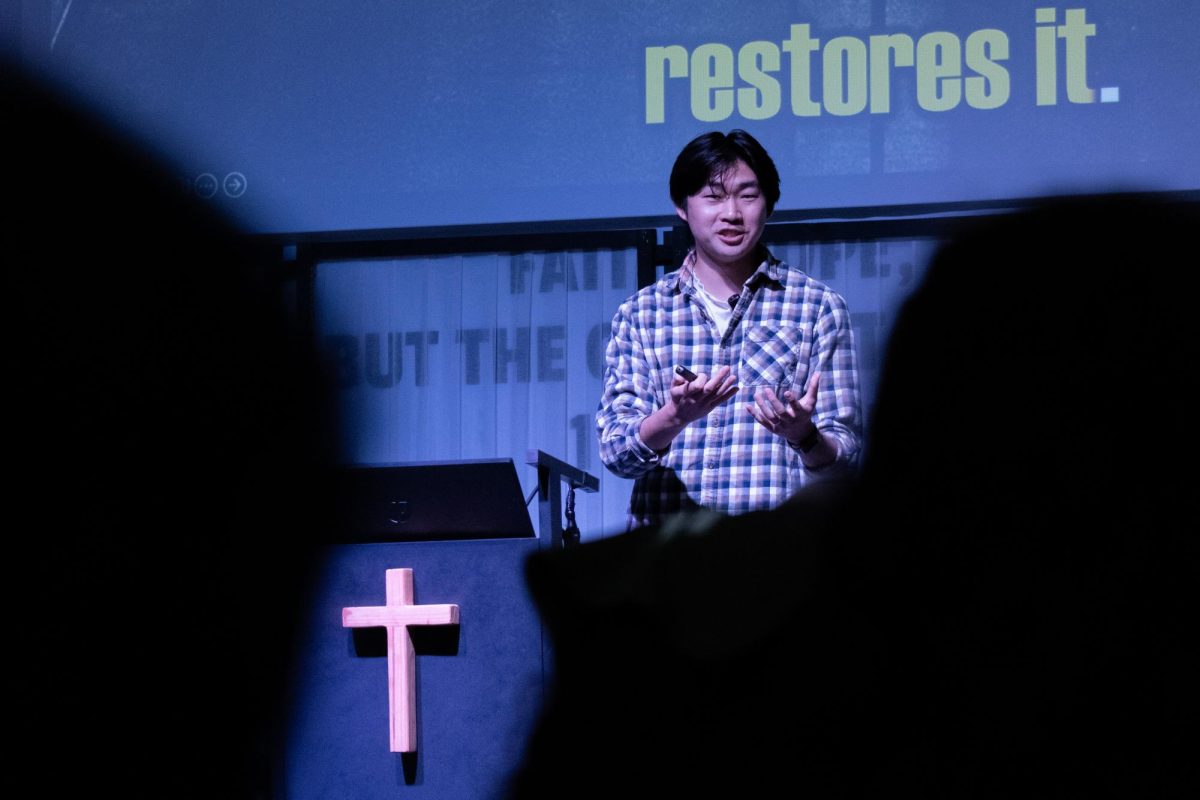University of California President Mark G. Yudof wrote a letter Jan. 9 in favor of banning smoking on UC campuses beginning 2014. The purpose of the policy is to help people understand how beneficial a smoke-free college campus can be.
CSUN Associated Students feel the current smoking policy is sufficient enough according to Billy Ryder, senator for the College of Business and Economics. A.S. agrees that banning a personal freedom and a legal substance is for political reasons.
“Going after smoking is an easy target; UCs and Cal States need to worry about bigger issues like financial instability,” Ryder said. “We were concerned about the cost it would take to enforce the policy.”
A.S. provided a resolution that points out a strong contrast to what the UC system is doing, Ryder said. It supports the A.S. stance about smoking on campus.
“President Yudof directed chancellors to assemble steering committees tasked with implementing the policy at their locations,” said Steve Montiel, UC media relations director, in an email interview. “UC will ban both smoking and chewing tobacco on campuses, including parking lots and housing, as part of its commitment to cut tobacco use and exposure to secondhand smoke.”
Currently, 585 colleges and universities in California have already banned smoking.
“It’s a long implementation to quit smoking and change behavior,” said Kim Homer-Vagadori, project director of California Youth Advocacy Network. “Two years gives colleges time for policies to take effect and adjust to policy.”
Furthermore, the hope is to have other colleges follow in the same footsteps and encourage a smoke free campus.
“Smoking not only has health risks for smokers, but nonsmokers, as well. By allowing smoking designated areas, it just makes it OK to smoke,” Homer-Vagadori said. “UC’s are not trying to promote this idea at all.”
Even designated smoking areas aren’t OK, said Homer-Vagadori.
“We don’t support designated smoking areas because it encourages smokers to smoke socially, and it supports their addiction,” Homer-Vagadori said. “In California, we’ve tried to decrease smoking areas and increase tobacco costs.”
CSU schools have not decided to make all their campuses smoke-free, but they do have designated smoking areas around campuses.
“The CSU follows the state law on smoking regulations, but there is no CSU system-wide policy on smoking,” said Stephanie Thara, public affairs communications specialist for the CSU in an email interview. “One campus might enforce smoking 30 feet away, and another campus might enforce a ‘50-feet regulation.’”
AB 795 Assembly Bill is the state law on smoking regulations specifically dealing with post secondary education. It “prohibits smoking inside a public building or in an outdoor area within 20 feet of a main exit, entrance, or window of a public building or in a state-owned vehicle.”
Each campus varies how far an individual needs to be away from a building while they are smoking, Thara said.
CSUN’s current smoking policy makes it permissible 30 feet away from any building, according to CSUN Police Department.
While CSU campuses have not banned smoking, help is provided for those who have an addiction to smoking. Self-help links are available online through the Klotz Health Center.
One CSUN student feels indifferent on the UC smoking ban.
“It’s not a big issue (for me), since I’m not a tobacco smoker. But if I was, I would be ticked off since smoking is legal at 18,” said Fernando Muro, a freshman undecided major.
“Some school campuses sell alcohol, so, what’s worse? It’s a personal choice to smoke,” Muro said.
“Tobacco users are in support of banning smoking because the policy would help,” Homer-Vagadori said.





